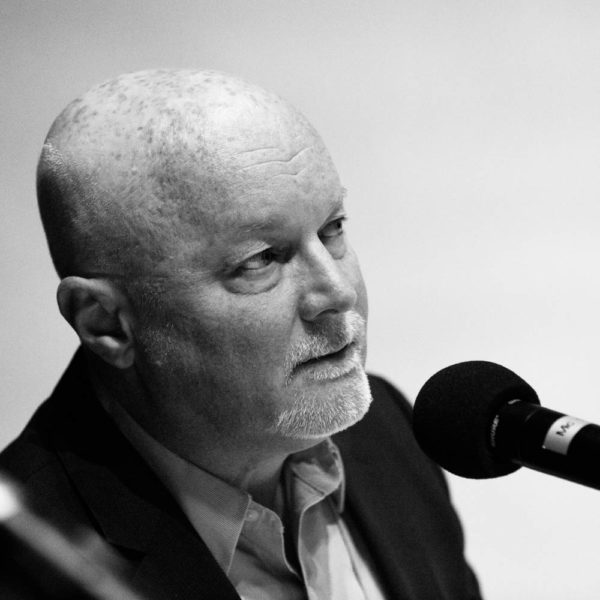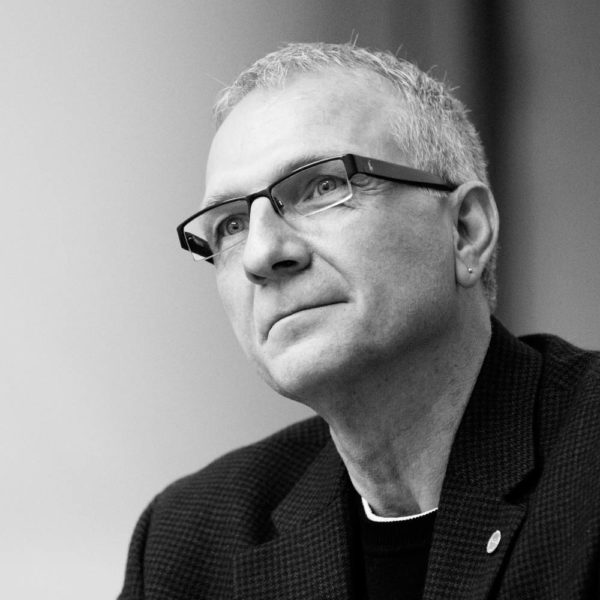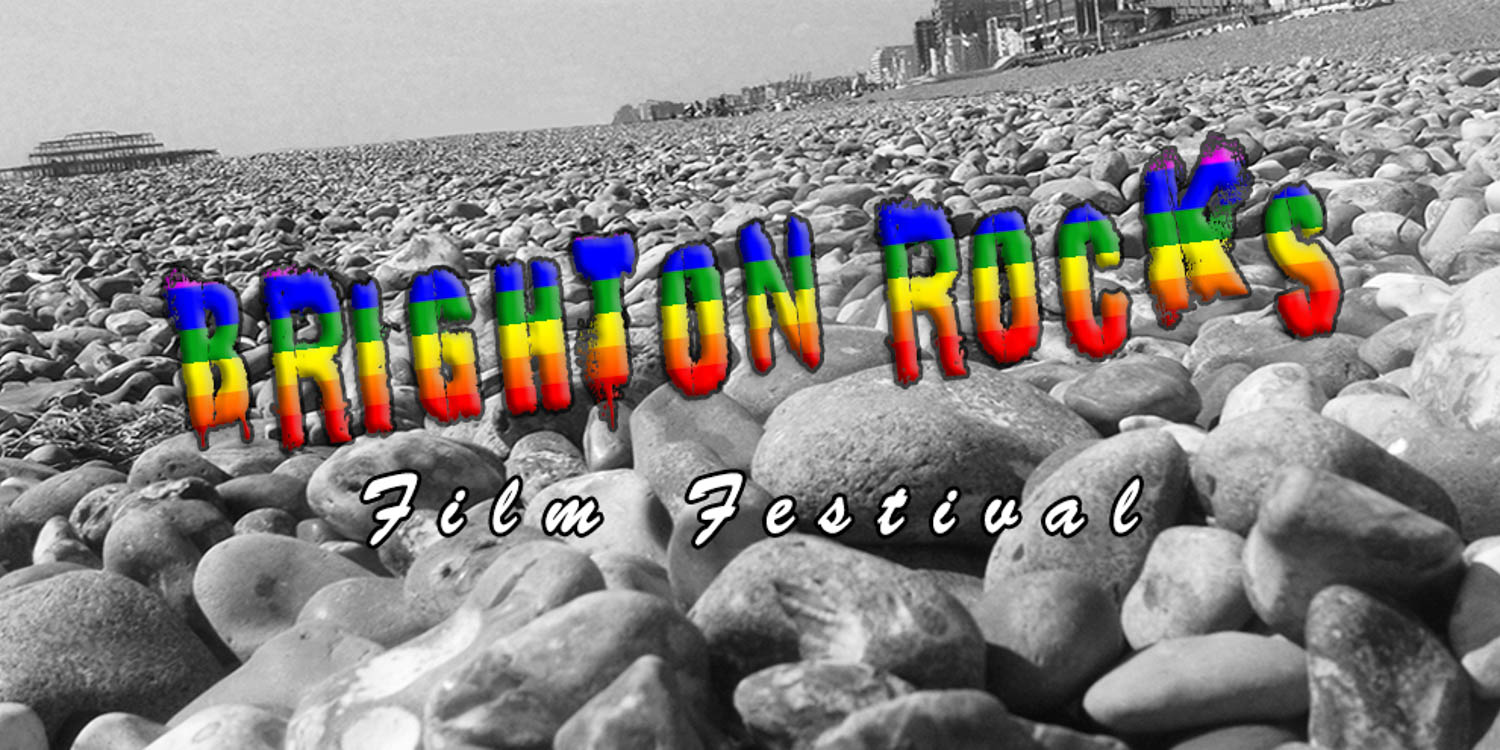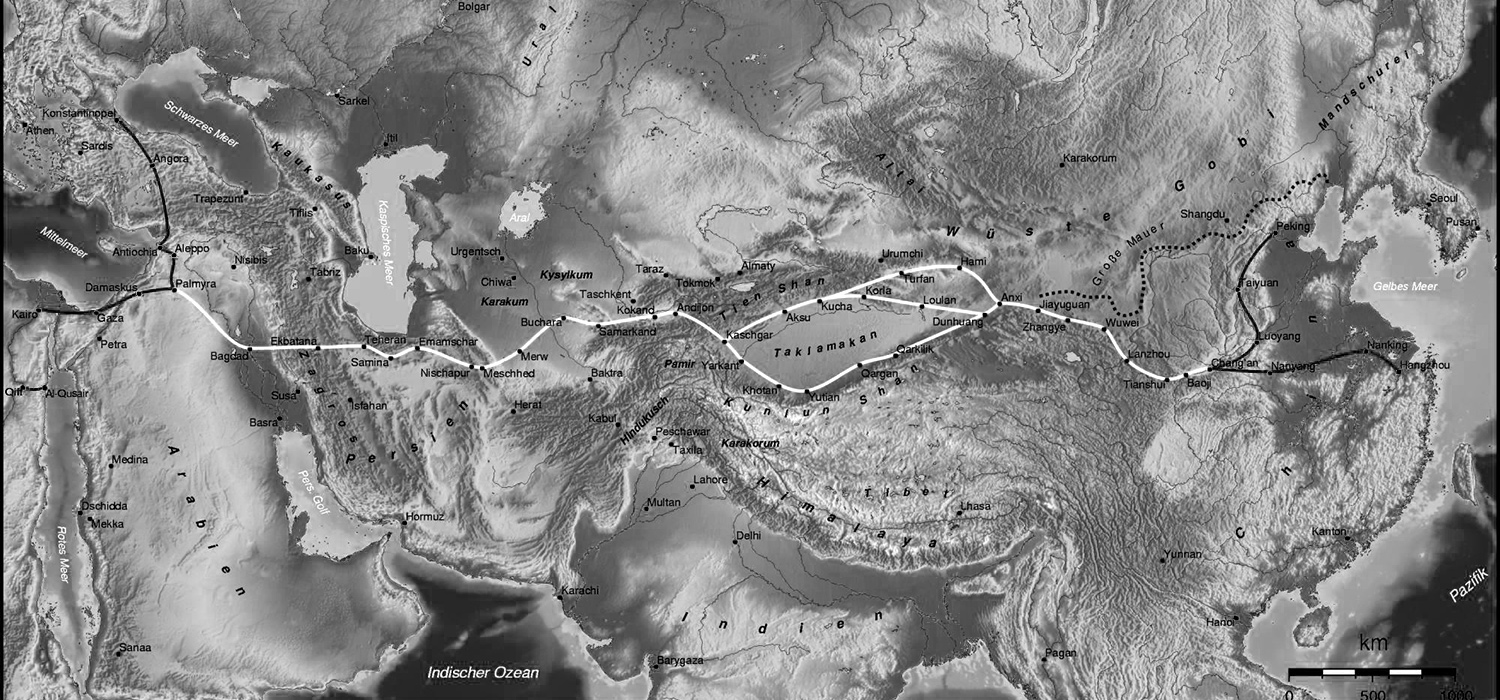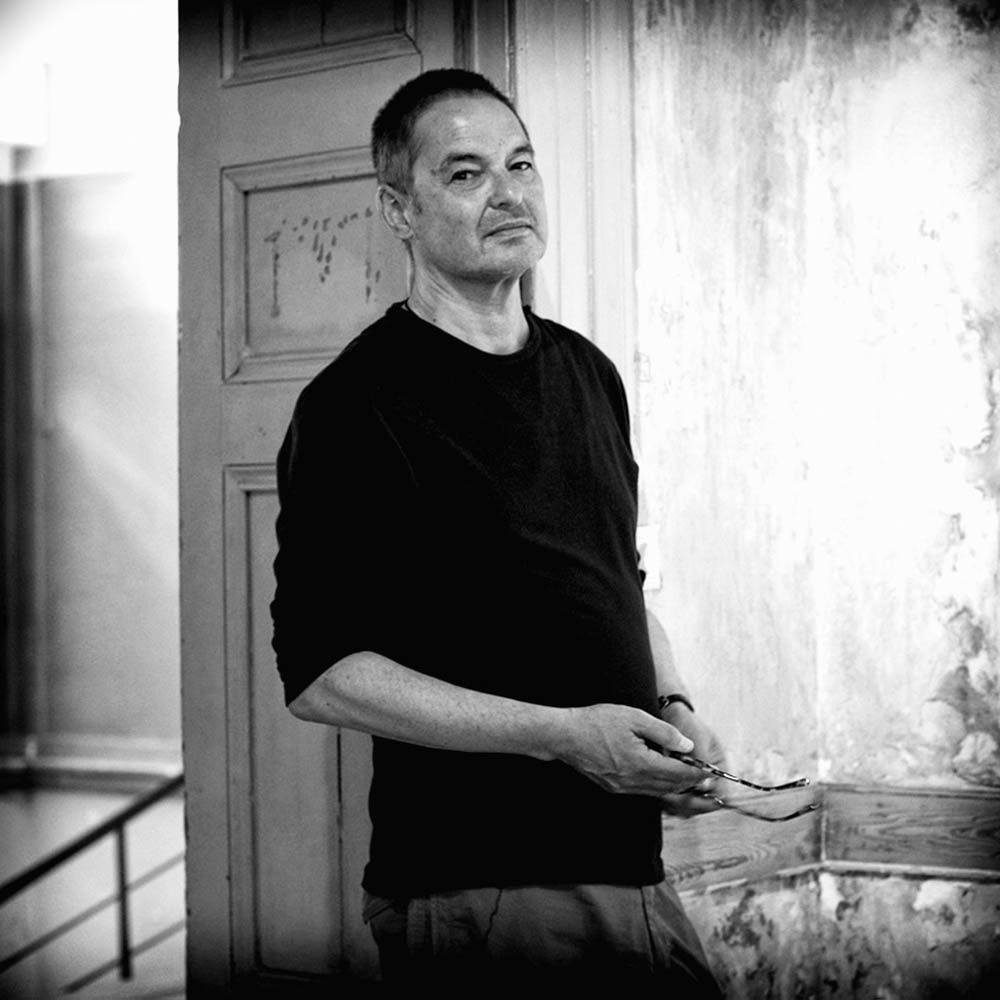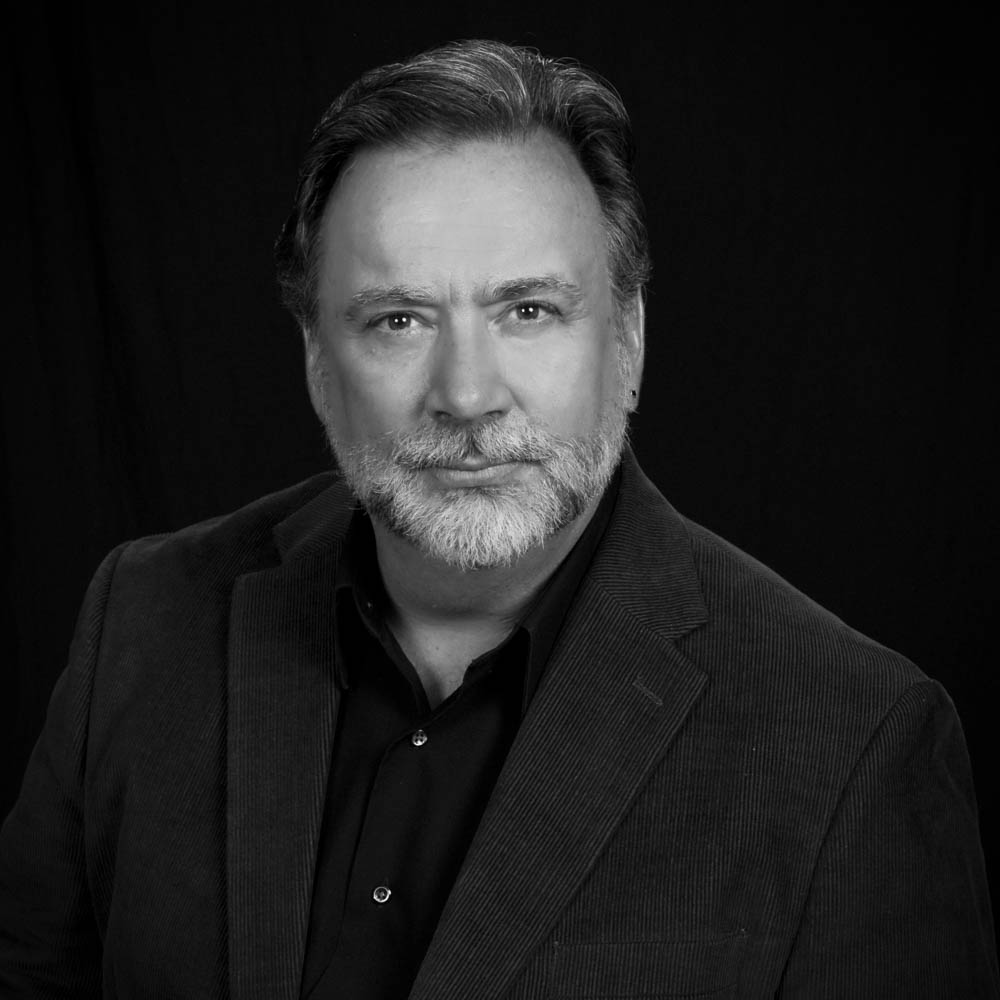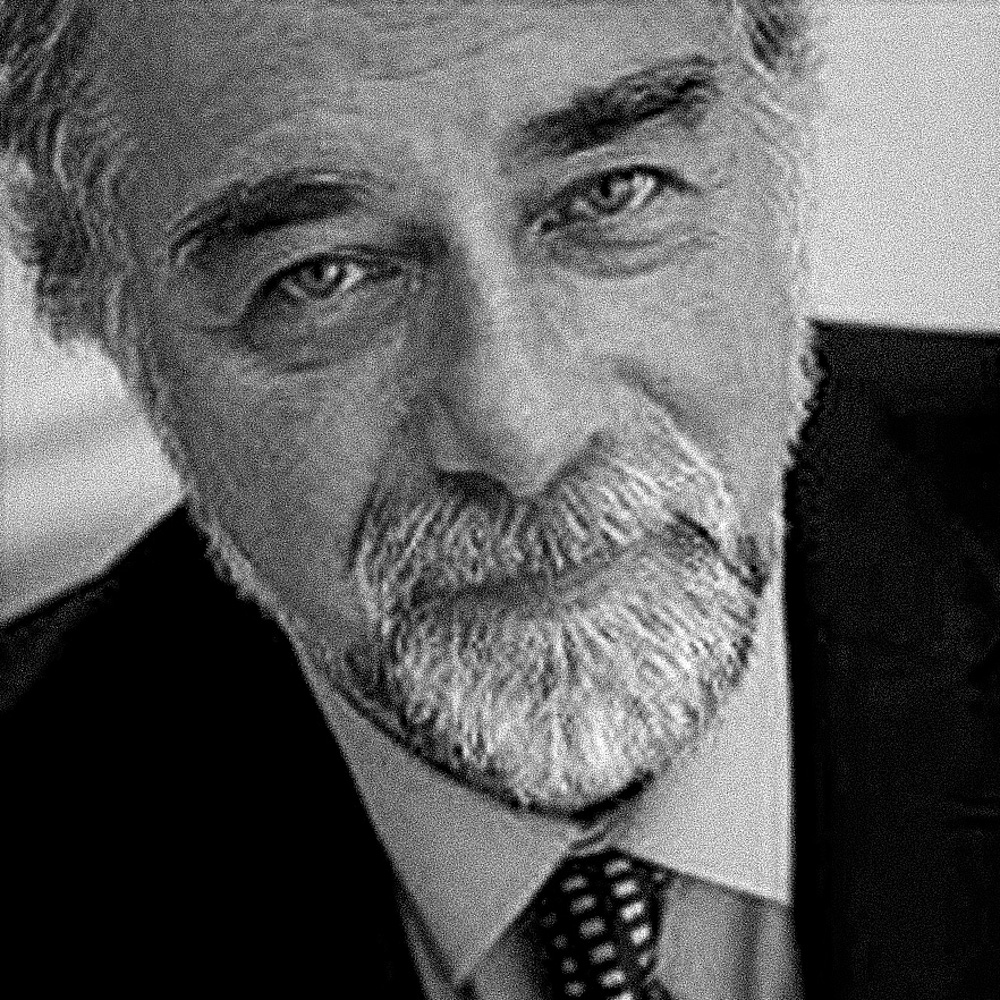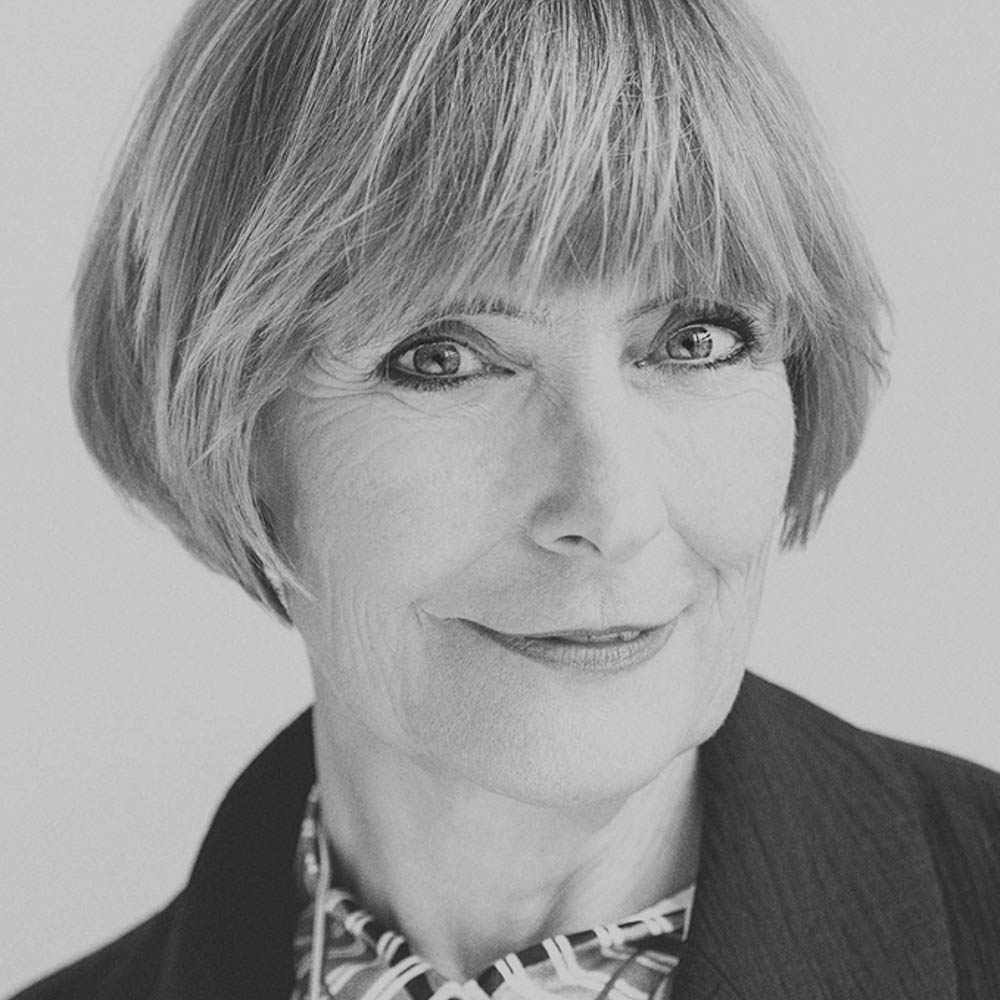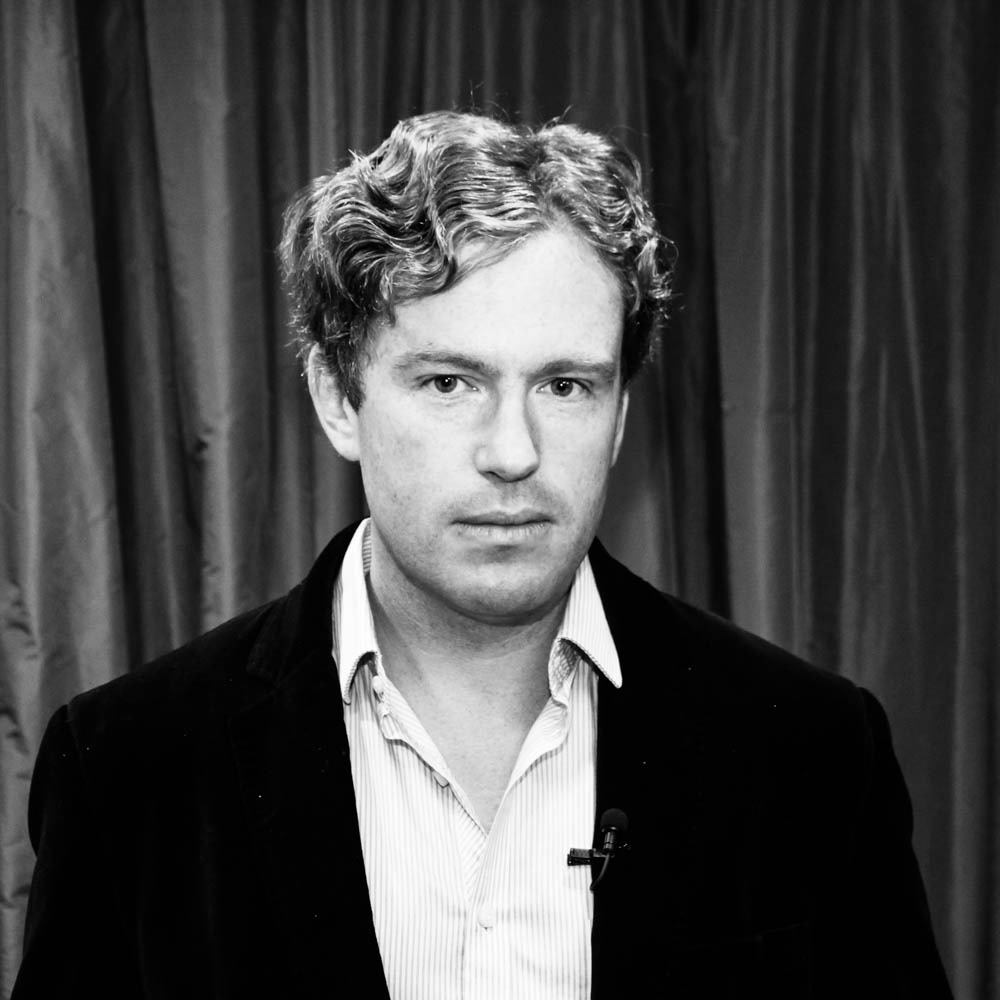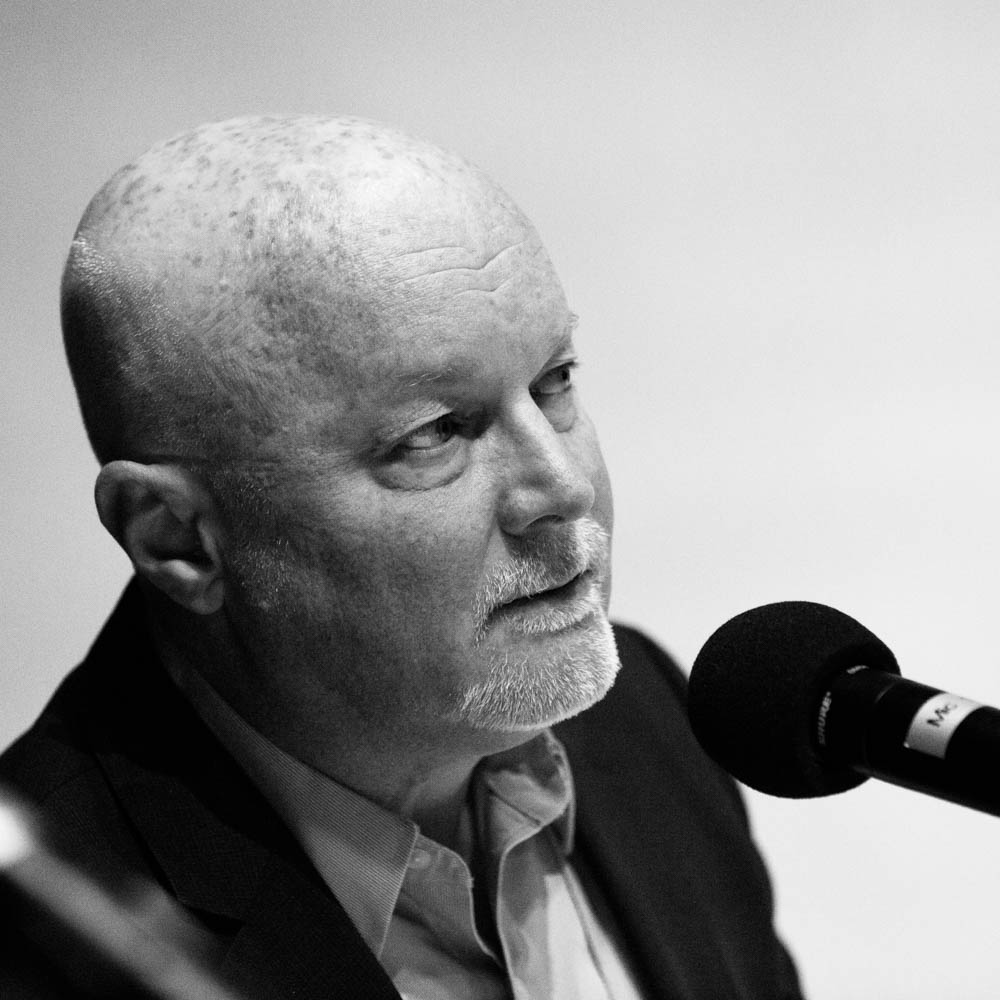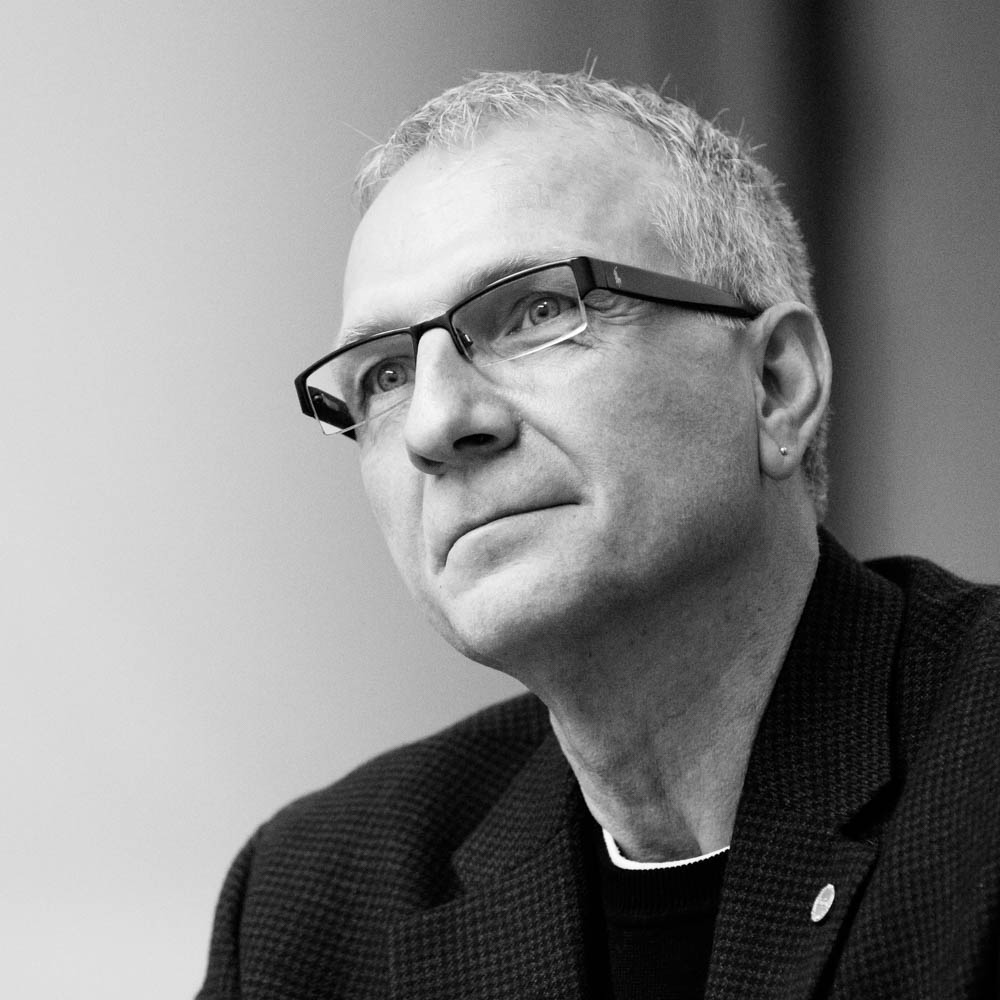"Fearful Futures"
July 9–10, 2018 | The Jurys Inn Brighton Waterfront, Brighton, UK
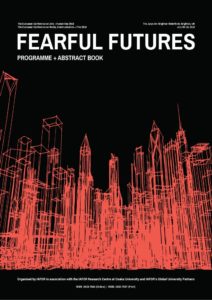 We have reached a moment in international history that is one of potential paradigm shift. It is a moment when a problematic, but at least blandly progressivist, pro-multiculturalist movement toward “cosmopolitanism” (as Kwame Anthony Appiah might use the term) is being threatened by a far more destructive and potentially genocidal ethno-nationalism, the ferocity of which is fuelled by economic disparity, religious intolerance and retrograde ideologies regarding gender, race and sexuality. The possible global futures we face are fearful, indeed, and in an era of information and disinformation, fake news, and hysterical polemic, are sometimes made out to be inevitable.
We have reached a moment in international history that is one of potential paradigm shift. It is a moment when a problematic, but at least blandly progressivist, pro-multiculturalist movement toward “cosmopolitanism” (as Kwame Anthony Appiah might use the term) is being threatened by a far more destructive and potentially genocidal ethno-nationalism, the ferocity of which is fuelled by economic disparity, religious intolerance and retrograde ideologies regarding gender, race and sexuality. The possible global futures we face are fearful, indeed, and in an era of information and disinformation, fake news, and hysterical polemic, are sometimes made out to be inevitable.
In this context, the arts, humanities, media and cultural studies play an important role in tracing the genealogy of the present moment, documenting it, and charting different paths forward, inviting such questions as how does culture replicate itself (or critically engage itself) in the classroom, in literature, in social media, in film, in the visual and theatrical arts, in the family, and among peer groups? How do we rise to the challenge of articulating a notion of human rights that also respects cultural difference? How do cultural representations of the environment abet or challenge the forces driving climate change? What are the roles and responsibilities of the individual activist as teacher, writer, artist, social scientist and community member? What are the responsibilities of both traditional and non-traditional media? How do we make sense of the ideologies driving hatred and intolerance, and posit different models of social engagement and organisation? Looking to the past, what do we learn about the challenges of today?
This international and interdisciplinary conference will bring together a range of academics, independent researchers, artists and activists to explore the challenges that we face in the twenty-first century. While we have every right to fear the future, we also have agency in creating that future. Can we commit to a cosmopolitanism that celebrates difference and that challenges social inequity? On our ability to answer to that question affirmatively likely hangs our very survival.
Programme
-
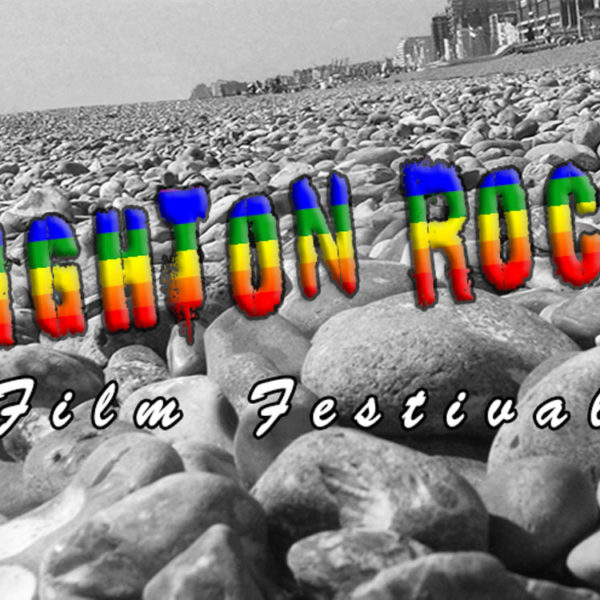 Introducing Brighton RocksFeatured Presentation & Film Screening: James Rowlins & Mark Nelson
Introducing Brighton RocksFeatured Presentation & Film Screening: James Rowlins & Mark Nelson -
 Fearless FuturesPlenary Panel Presentation: Anne Boddington & Joseph Haldane
Fearless FuturesPlenary Panel Presentation: Anne Boddington & Joseph Haldane -
 Classic Rock in the Year of Revolt: Using the Illusion of Life to Examine the Hits of 1968Keynote Presentation: Thomas G. Endres
Classic Rock in the Year of Revolt: Using the Illusion of Life to Examine the Hits of 1968Keynote Presentation: Thomas G. Endres -
 Design and DemocracyKeynote Presentation: Bruce Brown
Design and DemocracyKeynote Presentation: Bruce Brown -
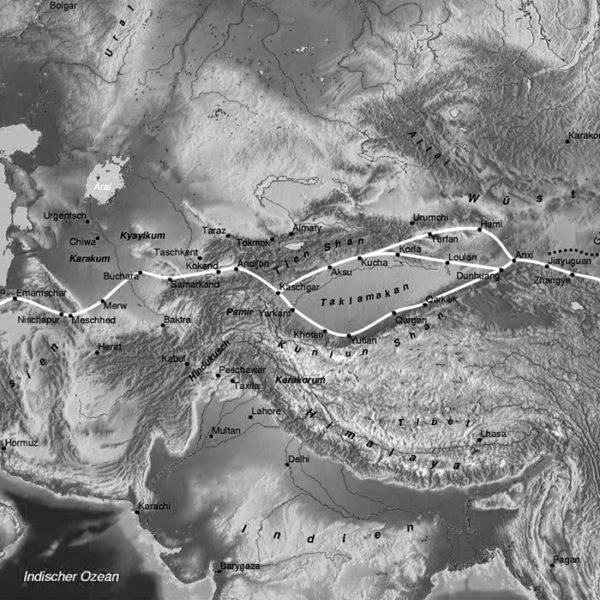 IAFOR Silk Road Initiative Information Session
IAFOR Silk Road Initiative Information Session
Speakers
-
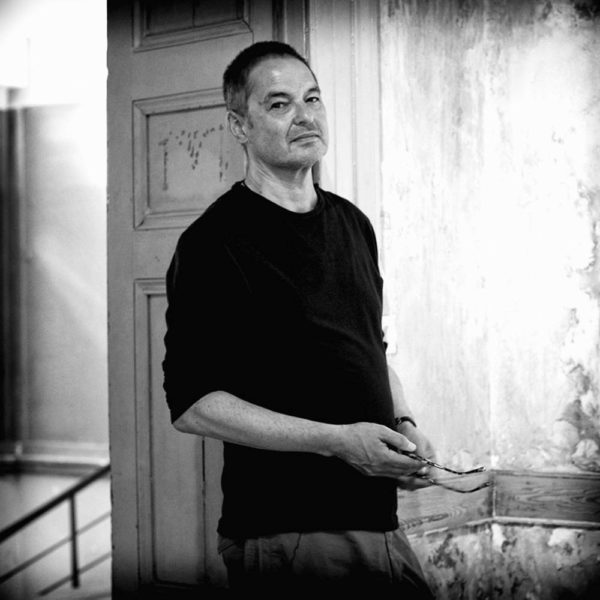 Mark NelsonPhotographer & Filmmaker
Mark NelsonPhotographer & Filmmaker -
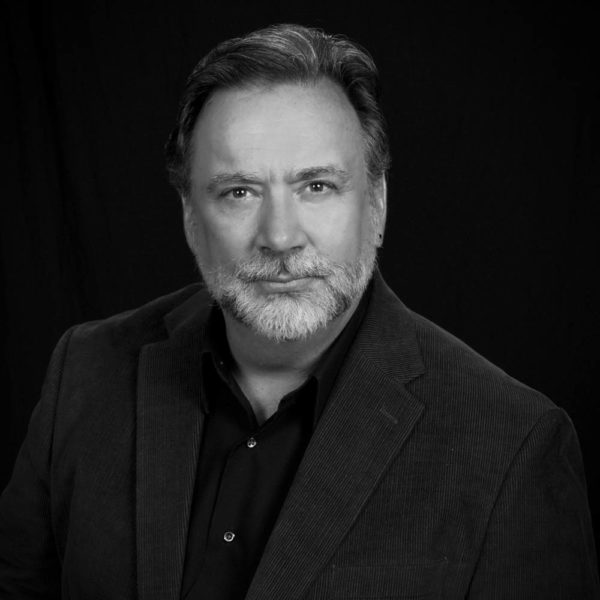 Thomas G. EndresUniversity of Northern Colorado, USA
Thomas G. EndresUniversity of Northern Colorado, USA -
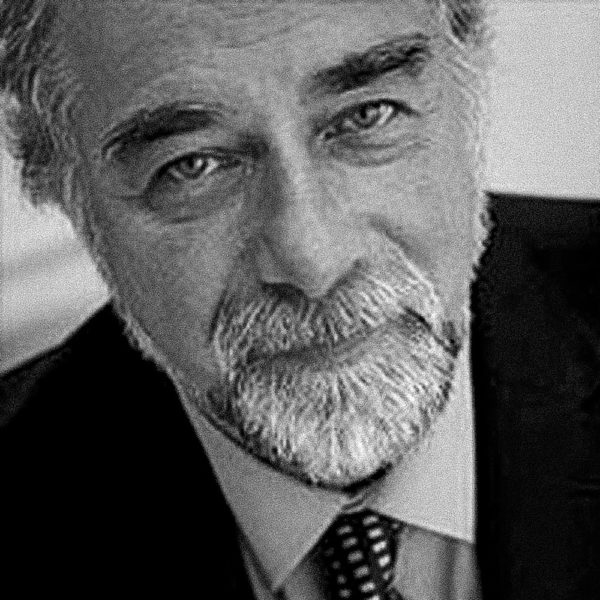 Bruce BrownRoyal College of Art, UK
Bruce BrownRoyal College of Art, UK -
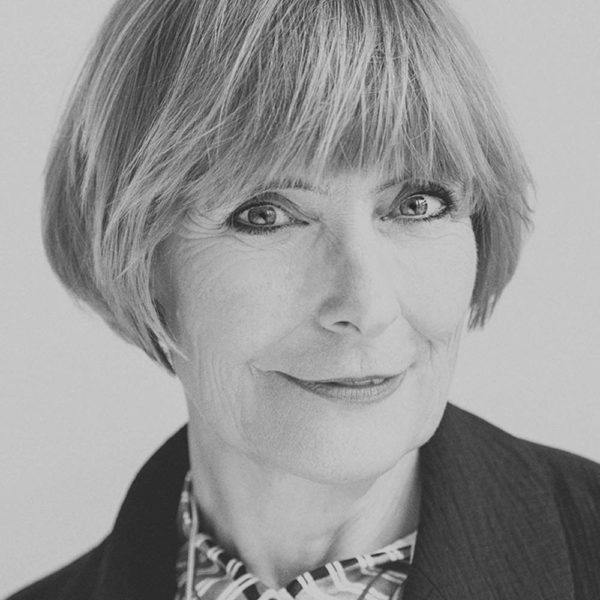 Anne BoddingtonKingston University, UK
Anne BoddingtonKingston University, UK -
 Joseph HaldaneThe International Academic Forum (IAFOR), Japan
Joseph HaldaneThe International Academic Forum (IAFOR), Japan -
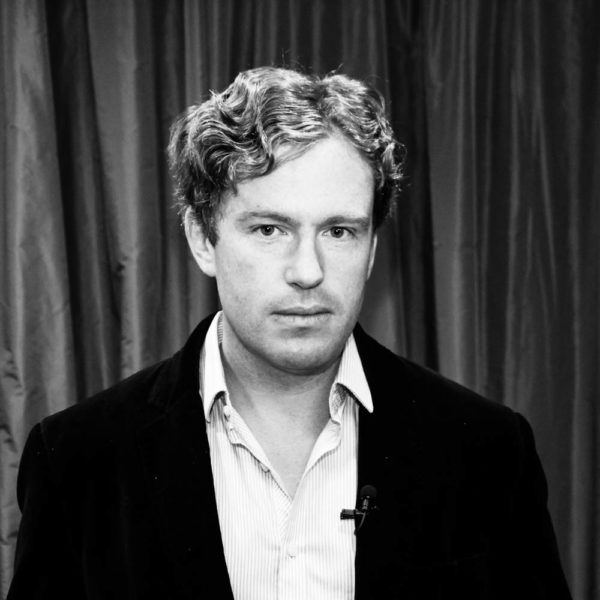 James RowlinsSingapore University of Technology and Design, Singapore
James RowlinsSingapore University of Technology and Design, Singapore
Organising Committee
The Conference Programme Committee is composed of distinguished academics who are experts in their fields. Conference Programme Committee members may also be members of IAFOR's International Academic Board. The Organising Committee is responsible for nominating and vetting Keynote and Featured Speakers; developing the conference programme, including special workshops, panels, targeted sessions, and so forth; event outreach and promotion; recommending and attracting future Conference Programme Committee members; working with IAFOR to select PhD students and early career academics for IAFOR-funded grants and scholarships; and overseeing the reviewing of abstracts submitted to the conference.
Review Committee
- Dr Anna Karin Jytte Holmqvist, Monash University, Australia
- Dr Chin-Pang Lei, University of Macau, Macau
- Professor Richard Letteri, Furman University, United States
- Professor Rebecca Lind, University of Illinois at Chicago, United States
- Professor Angeliki Monnier, University of Lorraine, France
- Professor Xenia Negrea, University of Craiova, Romania
- Dr César Viana Teixeira, Pontifical University of Goiás, Brazil
IAFOR's peer review process, which involves both reciprocal review and the use of Review Committees, is overseen by conference Organising Committee members under the guidance of the Academic Governing Board. Review Committee members are established academics who hold PhDs or other terminal degrees in their fields and who have previous peer review experience.
If you would like to apply to serve on the EuroMedia2019 Review Committee, please visit our application page.

